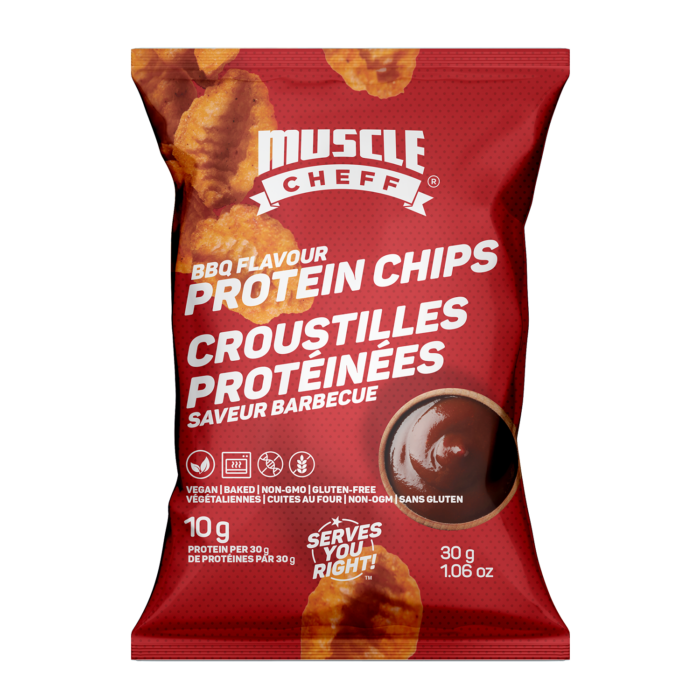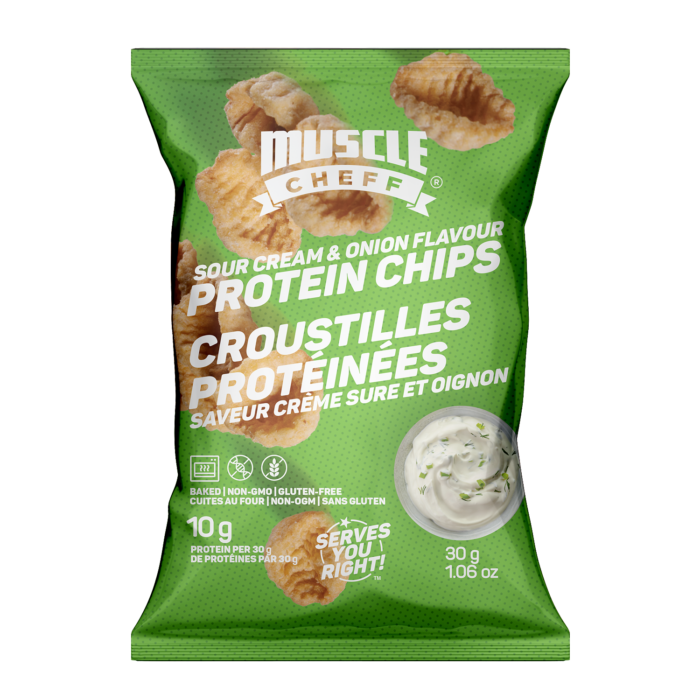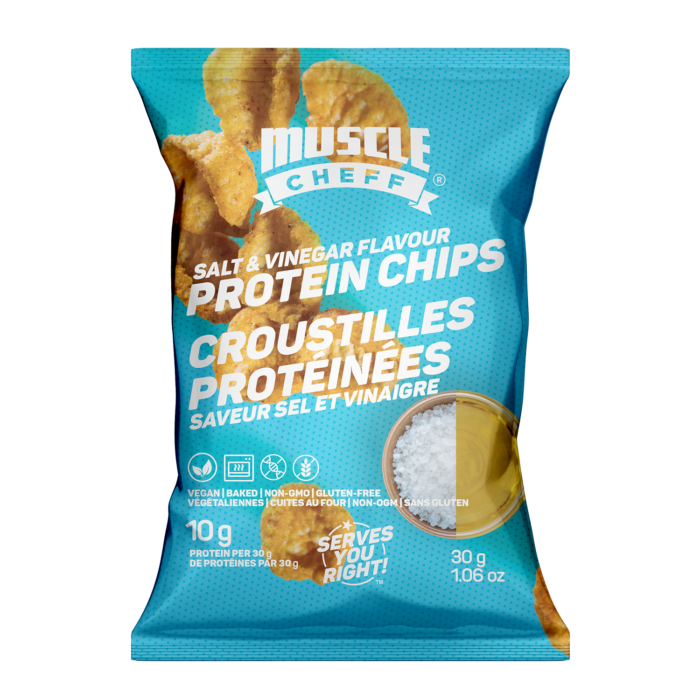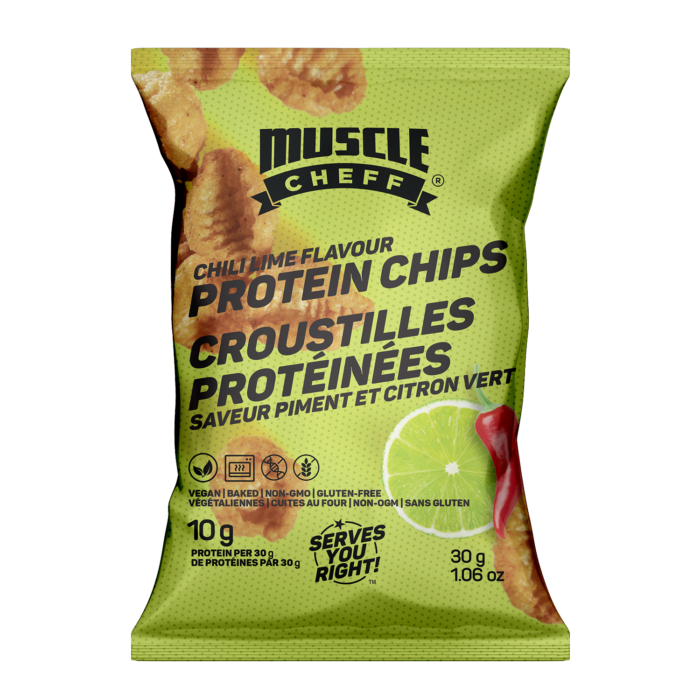In the realm of sports, physical training and skill development undeniably form crucial elements of athletic success. However, there is one often neglected factor that can significantly influence an athlete’s performance – their mental state. Sports psychology and mental preparation play a pivotal role in unlocking an athlete’s full potential. An essential component of this mental mastery is sports nutrition, as it directly impacts an athlete’s physical and mental well-being. In this blog post, we will explore the significance of sports nutrition and its contribution to athletic achievement.
Sports Psychology: The Mind-Body Connection in Sports
Before delving into the importance of sports nutrition, it is crucial to grasp the powerful connection between the mind and body in sports. An athlete’s mindset, focus, and emotional well-being can directly affect their physical abilities and overall performance. Sports psychology aids athletes in developing mental resilience, managing pressure, and sustaining concentration during critical moments. When the mind is strong, the body can perform at its peak.
Sports Nutrition: Nourishing the Mind and Body
Proper nutrition serves as the foundation for an athlete’s physical and mental well-being. Food provides the energy and nutrients necessary for the body to function optimally. Here are some key points highlighting the significance of sports nutrition:
Energy Levels: Athletes engage in intense physical activities that demand substantial energy. Carbohydrates serve as the primary energy source for the body, and a well-balanced diet ensures that athletes have sufficient energy to perform at their best.
Muscle Recovery: Intense training can lead to muscle fatigue and breakdown. Adequate protein intake facilitates muscle repair and growth, enabling athletes to recover faster and be prepared for the next challenge.
Mental Clarity: Nutrition not only impacts the body but also the mind. Proper intake of vitamins, minerals, and omega-3 fatty acids supports cognitive function, enhancing focus, and decision-making abilities.
Hydration: Dehydration can lead to a decline in physical performance and cognitive function. Staying hydrated is essential for maintaining peak performance levels.
Immune System Support: Regular physical activity can temporarily weaken the immune system. Proper nutrition with immune-boosting foods helps athletes stay healthy and avoid illnesses that could hinder training and competitions.
Mood and Emotional Balance: Certain nutrients, such as omega-3 fatty acids and B vitamins, play a role in regulating mood and reducing anxiety. A well-nourished athlete is better equipped to handle the psychological demands of sports.
Mental Preparation Strategies in Sports Psychology
SMART Goal Setting: Setting clear and specific goals is crucial for success. Sports psychology employs the SMART method (Specific, Measurable, Achievable, Relevant, Time-bound) to establish effective goals. By staying motivated and focused on these objectives, athletes can overcome setbacks and maintain a positive mindset.
Building Confidence and Resilience: Self-confidence is a game-changer in sports. Sports psychology offers methods like self-affirmation, mental rehearsal, and reflecting on past successes to boost confidence. Additionally, athletes learn strategies to bounce back from failures, setbacks, and injuries, developing resilience along the way.
Managing Performance Anxiety: Pressure and anxiety can hinder athletic performance. Sports psychology equips athletes with relaxation techniques, breathing exercises, and cognitive reframing to manage performance anxiety. Staying calm and focused under pressure enables athletes to perform at their best during critical moments.
Increasing Concentration and Focus: Maintaining concentration in distracting situations is a skill that can be honed with sports psychology. Techniques like mindfulness and pre-performance routines help athletes stay in the moment, prevent distractions, and make split-second decisions during competitions.
Team Dynamics and Communication: In team sports, effective communication and positive dynamics are essential. Sports psychology fosters an environment conducive to high performance by improving communication, collaboration, and harmony within teams.
In the pursuit of athletic excellence, the importance of sports psychology and mental preparation cannot be overstated. A well-trained mind is the key to unlocking an athlete’s full potential. However, to support mental mastery, athletes must also recognize the vital role of sports nutrition. Properly nourishing the body ensures optimal physical and mental performance, enhancing an athlete’s chances of success both on and off the field. By combining sports psychology with sports nutrition, athletes can achieve peak performance and embark on a path to athletic greatness. For snacks that can fuel your body and help you attain a sportive mental state, you can try Muscle Cheff’s high-protein snacks!
Explore Muscle Cheff’s High-Quality Products
-
 Protein Chips – BBQ Flavour$3.59 – $26.99
Protein Chips – BBQ Flavour$3.59 – $26.99 -
 Protein Chips – Sour Cream & Onion Flavour$3.59 – $26.99
Protein Chips – Sour Cream & Onion Flavour$3.59 – $26.99 -
 Protein Chips – Salt & Vinegar Flavour$3.59 – $26.99
Protein Chips – Salt & Vinegar Flavour$3.59 – $26.99 -
 Protein Chips – Chili & Lime Flavour$3.59 – $26.99
Protein Chips – Chili & Lime Flavour$3.59 – $26.99

